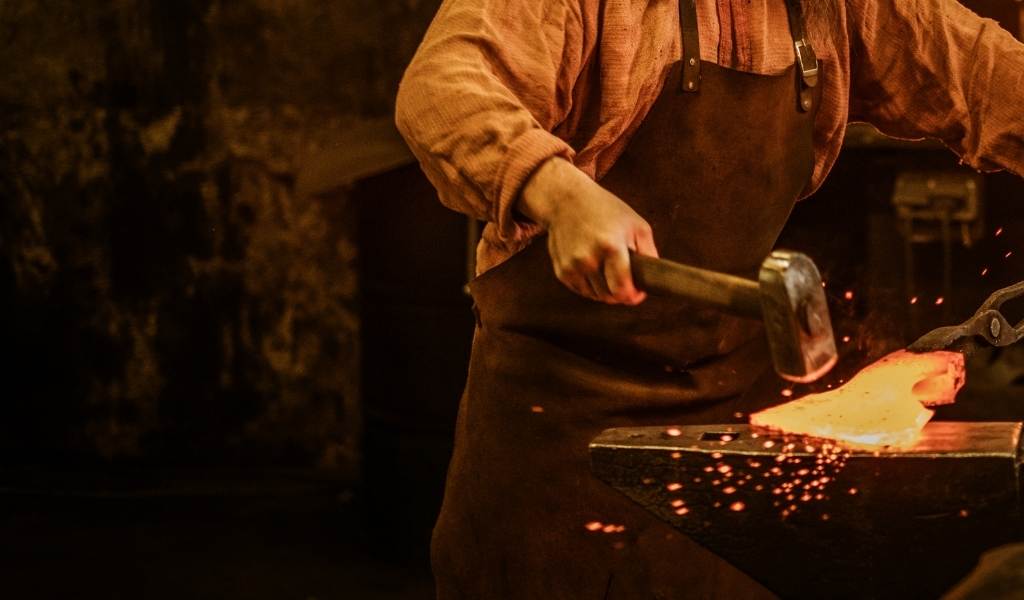In today’s modern world, metal forging is a widely used industrial process with numerous benefits. It is often the most cost-effective way to manufacture parts and products with high precision and quality. Metal forging is one of the most popular industrial processes, from aerospace to automotive and industrial manufacturing. As a business owner, if you are looking to adopt metal forging into your manufacturing process but aren’t sure whether it will be worth it, these nine benefits will help you decide. Take a look.
Increased Strength and Durability
One of the main benefits of metal forging is that it increases the strength and durability of a metal product. Forging changes the metal’s internal structure, making it stronger and less likely to break or crack under pressure. Metal forgings are often used in products subject to high stress or strain levels, such as car axle shafts, turbine discs, and safety-critical components in aircraft. Click here to know more.
Better Resistance to Wear and Tear
The process of forging hardens the metal’s surface, making it more resistant to scratches, dents, and other forms of surface damage. It makes the forged metal products ideal for applications with a lot of wear and tear, such as in the automotive industry.
Greater Tolerance to Extreme Temperatures
Metal forgings are also better able to withstand extreme temperatures than other metal products. Forging strengthens the metal’s ability to resist high and low temperatures, making it ideal for use in components exposed to extreme heat or cold, such as engine parts or boilerplates.
Increased Dimensional Accuracy
Another key benefit of metal forging is that it offers increased dimensional accuracy compared to other manufacturing processes. It means that parts produced through metal forging are less likely to require machining or other forms of post-production processing. It can save both time and money in the manufacturing process.
Improved Surface Finish
The surface finish of metal forgings is often superior to other metal products. The forging process can create a smoother, more consistent surface finish on the metal product. The metal’s grain structure is aligned in one direction during forging, resulting in a smoother surface.
Greater Design Flexibility
Metal forgings also offer greater design flexibility than other manufacturing processes because forgings can be produced in various shapes and sizes and with different features, such as holes, slots, or recesses. It gives designers more freedom to create parts that meet the specific needs of their applications.
Cost Savings
Another key benefit of metal forging is that it typically has a lower scrap rate than other manufacturing processes. It means less waste is produced during the forging process, saving money and resources.
Increased Productivity
Metal forging is a more productive manufacturing process than other methods. It is because forgings can be produced faster and with less labor than other processes. In addition, forgings often require less post-production processing, saving even more time in the manufacturing process.
Deformation Resistant
It means that the forged metal can withstand more stress before failing. Forging also hardens the metal, making it more resistant to deformation. It is why many safety-critical components are made from forged metals.
Final Word:
Metal forging is an excellent option if you want a reliable, cost-effective, and high-quality manufacturing process. With its many benefits, it is no wonder this process is used in various industries. Metal forging has a lot to offer, from strength and durability to increased dimensional accuracy.

















